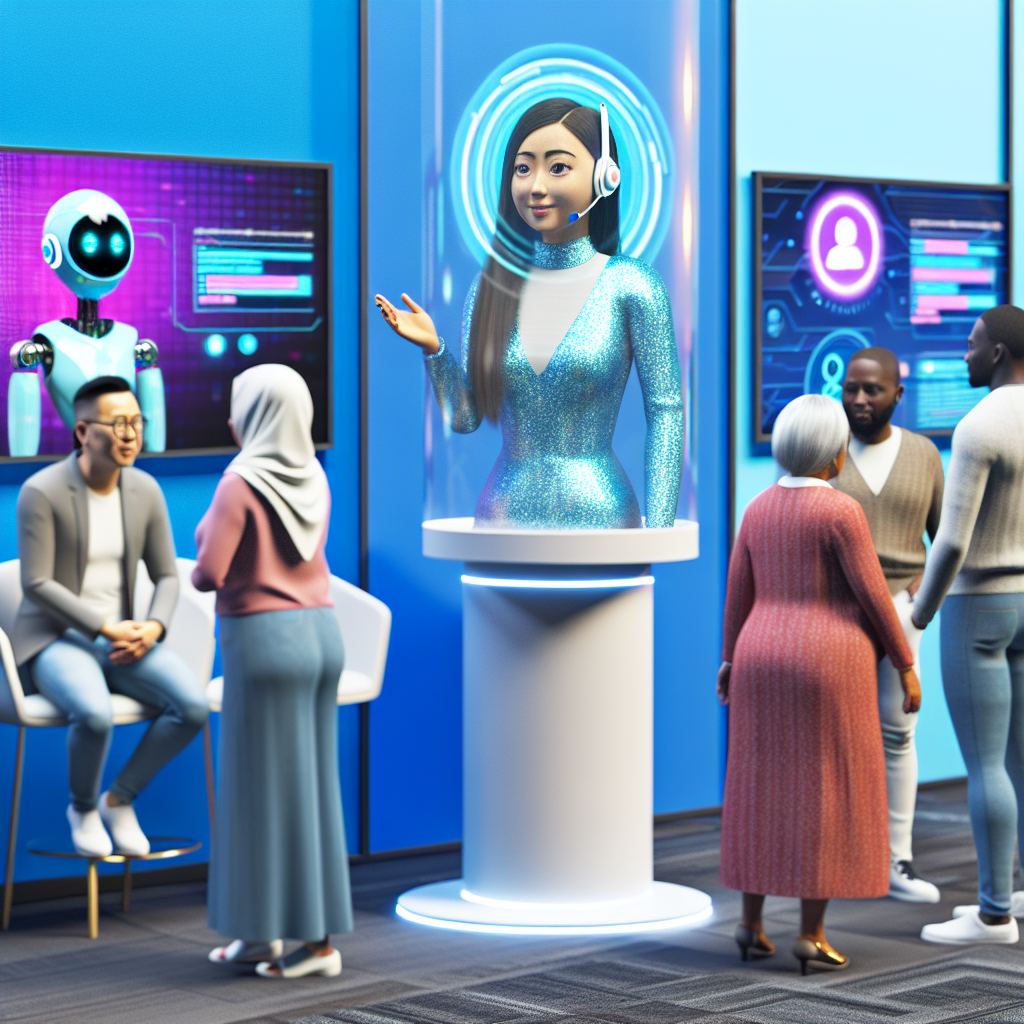Did you know that 85% of customer service interactions are expected to be handled without human agents by 2025? The rise of AI in customer service isn’t just changing how businesses interact with customers – it’s completely revolutionizing the support landscape! As someone who’s witnessed this transformation firsthand, I can tell you that artificial intelligence is becoming the backbone of modern customer service operations. But what does this mean for businesses and customers alike?
Understanding AI in Customer Service
In today’s fast-paced digital world, artificial intelligence has revolutionized how businesses interact with their customers. At its core, AI-powered customer service combines machine learning, natural language processing, and automated systems to handle customer inquiries efficiently. Remember the frustrating days of endless phone menus and long wait times? Those are gradually becoming a thing of the past.
Evolution of Customer Support
Just like how we’ve moved from landlines to smartphones, customer service has undergone a remarkable transformation. Traditional support systems, which relied heavily on human agents and manual processes, have evolved into sophisticated AI-enhanced platforms. For instance, companies like Amazon and Netflix now use AI to predict and resolve customer issues before they even arise.
Technology Driving the Revolution
The backbone of modern AI customer service includes advanced algorithms, cloud computing, and real-time data processing. These technologies work together seamlessly, much like how your smartphone’s various features collaborate to provide a smooth user experience.
Industry Adoption Trends
According to recent studies, over 80% of businesses are either using or planning to implement AI in their customer service operations. Companies like Bank of America, with their virtual assistant Erica, have reported handling millions of customer queries successfully through AI.
Key Benefits and Applications
Round-the-Clock Support
Imagine having a personal assistant who never sleeps! AI-powered systems provide instant responses at any hour, similar to how ATMs revolutionized banking by offering 24/7 service.
Breaking Language Barriers
Just as translation apps have made international travel easier, AI customer service systems can communicate in multiple languages, making global business accessibility a reality.
Operational Efficiency
Think of AI as a highly efficient team member who can handle thousands of queries simultaneously. This capability significantly reduces operational costs while maintaining high service standards.
Personalized Experiences
Much like how Netflix recommends shows based on your viewing history, AI systems can provide tailored support by analyzing past interactions and customer preferences.
Common AI Customer Service Tools
Smart Virtual Assistants
Modern chatbots are like having a knowledgeable friend who’s always ready to help. They can understand context, learn from interactions, and provide relevant solutions instantly.
Natural Language Processing
Think of NLP as the system’s ability to understand human communication nuances, similar to how we naturally understand the difference between “I can’t log in” and “How do I reset my password?”
Emotional Intelligence in AI
Sentiment analysis tools work like emotional radar, detecting customer frustration or satisfaction and adjusting responses accordingly.
Implementation Challenges and Solutions
System Integration
Merging new AI tools with existing systems can be as complex as introducing a new player to a well-established sports team. It requires careful planning and coordination.
Employee Adaptation
Just as smartphones required us to learn new skills, staff need proper training to work alongside AI systems effectively.
Human-AI Balance
Finding the right mix between automated and human support is crucial. Think of it as a dance partnership where both partners need to complement each other’s strengths.
Privacy and Security
In the age of digital information, protecting customer data is paramount. Companies must implement robust security measures, similar to how banks protect financial transactions.
Conclusion
As we’ve explored throughout this overview, AI is fundamentally reshaping customer service operations. From enhancing efficiency to delivering personalized experiences, the benefits are clear. However, successful implementation requires careful planning and consideration of various factors. Remember, the goal isn’t to replace human agents but to empower them with powerful AI tools that elevate the overall customer experience.

